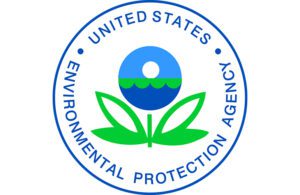 A looming deadline for changes to ethylene oxide (EtO) regulations has new urgency under a consent decree approved by a federal judge this week.
A looming deadline for changes to ethylene oxide (EtO) regulations has new urgency under a consent decree approved by a federal judge this week.
Under the consent decree, the EPA agreed to sign its final review on commercial sterilization standards — including EtO, used for half of all medical device sterilization in the U.S. — by March 1, 2024.
In 2022, a group of plaintiffs including the Sierra Club sued EPA Administrator Michael Regan under the Clean Air Act, accusing the EPA of failing to review sterilization facility emission standards as required every eight years.
The EPA settled that lawsuit this week by agreeing to a court order enforcing the March 2024 deadline. The agreement was signed on Aug. 23 by Judge Reggie Walton in the U.S. District Court for the District of Columbia.
The FDA, commercial sterilizers and medical device manufacturers are working on EtO alternatives to reduce the health risks to workers and communities from emissions of the toxic gas.
After years of delays, the EPA proposed new rules last year for chemical plants that make or store EtO as well as the companies that use it. It is yet to be seen whether companies subject to the new regulations are willing to invest in air monitoring and potential pollution remediation to stay in business.
The proposed rules would require compliance within 18 months, though some companies have already implemented measures to significantly reduce emissions.
The rules could also affect medical device designers and engineers. Many EtO sterilization facilities use more gas than needed to sterilize devices, and the EPA wants to set a lower limit for new sterilization cycles.
“EPA proposes that sterilization facilities use the least amount of EtO needed to meet sterility assurance through cycle design optimization, taking into consideration that sterilization cycles often include mixed loads of different medical devices which require different levels of EtO concentrations,” The EPA said in its proposal. “Industry has already demonstrated the ability to optimize dwell times, pressure, and humidity, as well as the reduction in the amount of paper packaging.”
The Advanced Medical Technology Association (AdvaMed) has said medical device sterilization is already at capacity in the U.S., and warned that the new regulations could lead to device shortages if sterilizers turn away from EtO.
Related: This startup could revolutionize medical device sterilization